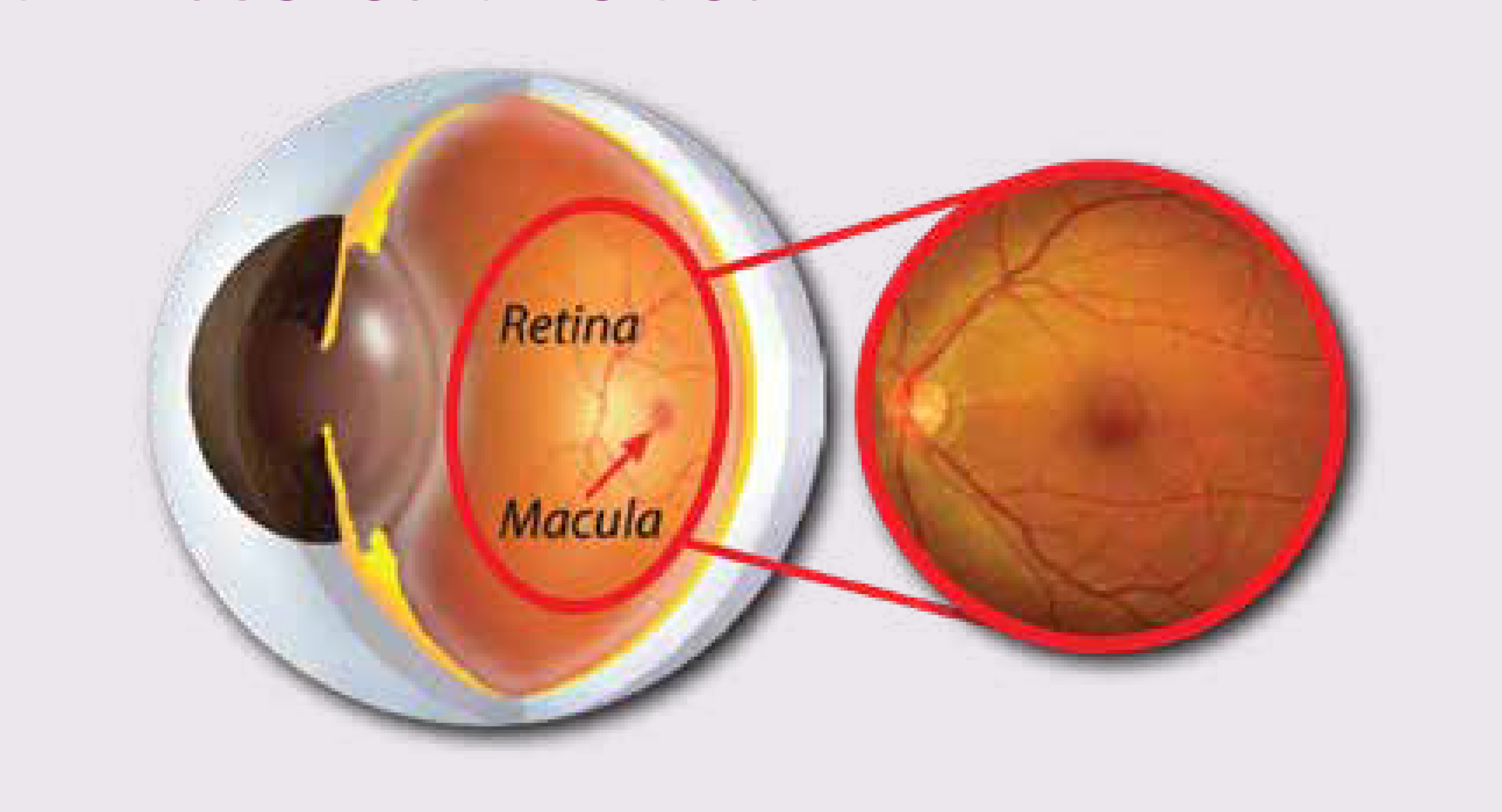It has been about 18 years since my father was diagnosed with diabetes. Recently, his eyesight has been getting worse, and he would often experience blurry vision. What risks does this symptom pose to his vision, and what should he do?

Your father’s worsening vision could be due to retinal complications of diabetes, particularly with the long duration of 18 years, and more so if his control had not previously been good. He may have diabetic retinopathy (DR).
All diabetic patients, especially long-time sufferers, are at risk of developing DR. DR is a complication of diabetes mellitus that affects the tiny blood vessels inside the retina, the light-sensitive tissue inside the eye. The affected blood vessels can then become blocked and disturb blood and oxygen supply to the retina; or they can become swollen and leak fluid into the retina, causing swelling.
Red flags
DR has no early symptoms, and usually affects both eyes. By the time there are visual symptoms experienced by the patient, there is usually significant eye disease. These symptoms include blurring of vision and floaters. Blurring of vision can occur because of leakage of fluid from the damaged blood vessels, causing swelling of the retina and disrupting its function. Damaged blood vessels can also leak blood into the eye, which presents as floaters. In some cases, these abnormal blood vessels may lead to massive bleeding into the centre of the eye (vitreous bleeding) and result in sudden and severe vision loss.
Preventing vision loss
While DR cannot be completely prevented, irreversible vision loss can if the disease is detected and treated early. Patients with diabetes should do an eye examination at least once a year, or immediately if symptoms appear. Your father must keep his blood glucose level in check. The HbA1C (Haemoglobin A1c) is a blood test that indicates a person’s average blood glucose levels over a three-month period, and it should ideally be less than 7%. If he has other medical conditions — such as hypertension, high cholesterol and heart disease — he should also keep them under control.
Treatment
In most cases, laser surgery can prevent further damage to the retina and significant vision loss. Newer methods include intravitreal injections of medications to help with swelling (diabetic macula oedema). In advanced cases, a surgical procedure called a vitrectomy may be needed. Your father should see an ophthalmologist early for a formal eye examination, which would then enable him to receive the appropriate treatment quickly. Left untreated, DR can cause permanent blindness, so it is important that he seeks medical attention for
his worsening vision.
Scan to learn more about DR:


Clin Assoc Prof Lee Shu Yen
Head and Senior Consultant
Surgical Retina Department, SNEC
